For at least 100,000 years, since ‘modern man’ first emerged from eastern or southern Africa, we have been as we are—tribal, self-centered and sub-consciously dominated by the adaptive strategy of symbolic thought.
Now, as the fragmentation of the earth and humanity by the unwise use of ‘higher thought’ reaches the breaking point, pressure greatly increases for a transmutation in the human brain, allowing a new, true order of consciousness.
That a single species should have the power to destroy the planet that gave rise to it is not just an existential mystery; it poses a cosmic question about consciousness itself. What is consciousness, as we generally know it, and is another order of consciousness possible?

On one side, many take false refuge in the idea that humankind is utterly unimportant, an infinitesimal speck on a speck in space. But the very fact that humans evolved along with all other life, yet have initiated the “Sixth Extinction,” begs the question: What is the place of this supposedly intelligent species in the universe?
On the other side are people (often so-called religious people) who insist that the previous five extinction events (defined as “a sharp decrease in the number of species in a relatively short period of time”) means that nature itself is destructive, so we should expect man to be. Does one really need to point out that there is a vast difference between a natural event and one caused by an allegedly sapient species?
Conventional atheists and New Agers say that humans are insignificant, and that our destructiveness is evidence that life is a chance event against a background of chaos. That’s false on the face of it. The universe unfolds from simpler orders to more complex orders; only man generates chaos. Besides, there is an unresolved mystery to the emergence consciousness, not to mention the irreducible mystery of life itself.
Of course, we can wait until astrobiologists confirm that the emergence of life is as much a property of the universe as the formation of planets. Astronomers have discovered thousands of ‘exo-planets’ orbiting distant suns, some in ‘habitable zones’ probably with water, like earth.
In the lifetimes of many people alive today, astrobiologists will discover, I posit, that rudimentary (single celled) life is quite common in the universe; that multi-cellular organisms are quite uncommon; and that sentient, potentially intelligent species such as man, are rare.
Many people believe that we’ve already been contacted by extraterrestrials, and that they ‘seeded’ human civilization, or are about to invade it. Perhaps we’re being watched, but there probably is a “prime directive” that prohibits truly intelligent life from interfering in the transition to intelligent life of potentially intelligent life, such as Homo sapiens is now excruciatingly passing through. (Optimistically speaking of course.)
Therefore just as the laws of physics apply everywhere in the universe, the laws of chemistry and biology do as well. No extraterrestrial life will be stranger than some of the prior genera of animals, or many of the deep-sea life presently found on earth. So are there laws of transition to truly intelligent life that apply to creatures like man that escape the bonds of niche and begin consciously manipulating their environments, however different they may appear than humans?
I feel so, and that all sentient (i.e. self-conscious) life passes through the same crisis of consciousness that humankind is presently experiencing. (It appears that Homo sap is an especially pigheaded, almost incorrigible example.) The intelligent species that have made the transition have neither the capacity for inter-species conflict, nor the desire to interfere with the processes of conscious, non-technological transmutation in sentient species on other planets. (The idea that we should apply our anthropocentric history of colonization, domination and extermination to extraterrestrial species is just plain silly.)

This hypothesis is testable. If science discovers that life has emerged twice in our own small solar system—say, under the ice-encrusted surface of Jupiter’s Europa, or in the waters of little geyser-spewing Enceladus circling Saturn (which is presently very bright in the southern sky in the northern hemisphere after midnight by the way)—it would mean that life is abundant in the universe. Of course that still leaves the question of intelligent life, but the probability of Homo sapiens being alone in the universe then drops to nearly nil. (Of course, we are alone, as individuals and as a potentially intelligent species, until we cross the threshold of intelligence!)
However I’m not as interested in the question of extraterrestrial life as I am terrestrial consciousness. The brain that gave rise to religion and science is the same brain that pits the religious mind against the scientific mind. However neither science nor organized religion can solve the human crisis, because both are the product of a dualistic consciousness—misapplied symbolic thought.
We can no longer put off the increasingly pressing question of the fragmentary nature of human consciousness. The human mind has separated and fragmented animal and plant species from the seamless wholeness of the earth’s ecosystems to the breaking point. And in doing so, we have also divided ourselves to the breaking point. Can we resolve the crisis of human consciousness in time to preserve the integrity of the planet, and ourselves?
The universe did not begin in chaos, but in silence and order. ‘Chaos’ does not exist in the cosmic sense; order flows out of order. Chaos is a byproduct of the improper use of the adaptive strategy of symbolic thought. Disorder is generated by thought.
An immanent, inseparable intelligence exists in the shrinking spaces of the natural world, but one can still feel the universe, and the immanence within it, beyond the man-made world, and on clear night if you’re fortunate enough to see the Milky Way. It has come to the point where if one doesn’t have at least a moment of communion with nature every day, one completely loses one’s way as a human being in this insane world.
Martin LeFevre
No comments:
Post a Comment